The end of US sanctions on Syria signaling new era for Middle East
- Update Time : Sunday, May 18, 2025
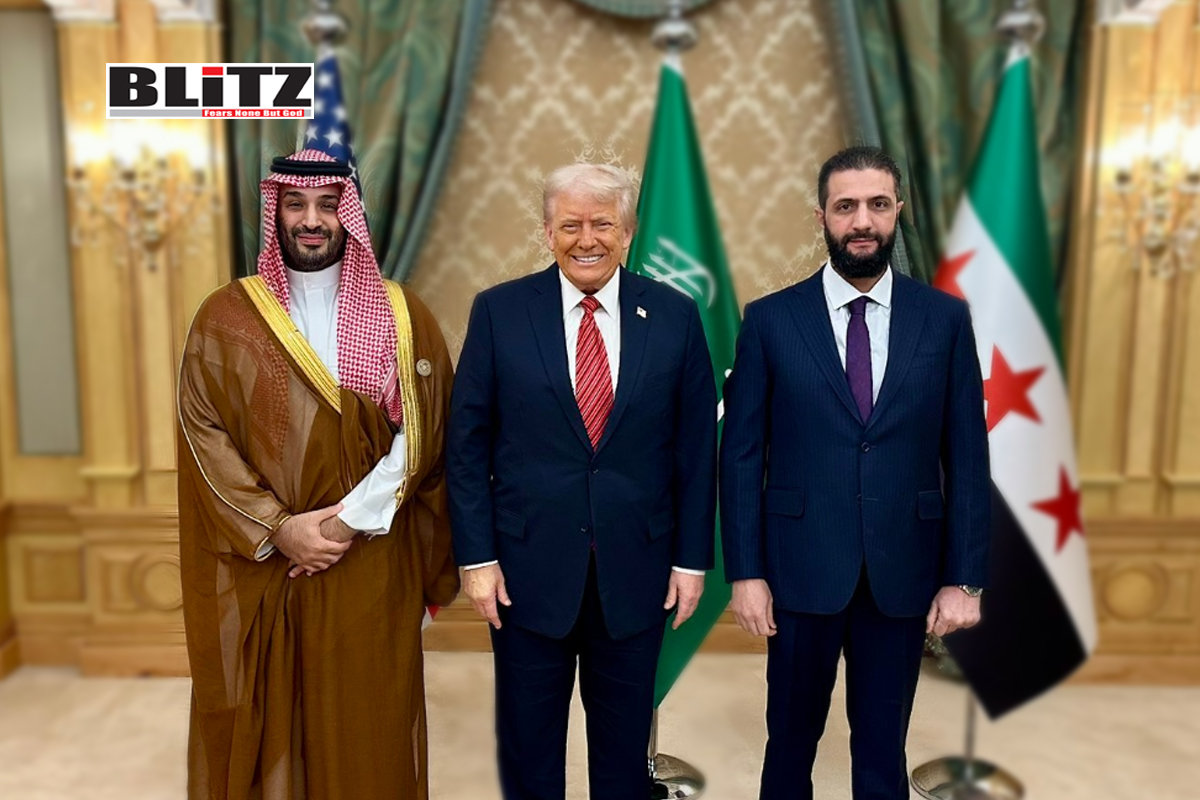
In a moment of considerable geopolitical significance, US President Donald Trump announced on May 13, during a high-profile visit to Saudi Arabia, that the United States would lift sanctions on Syria. The move, which came at the urging of Saudi Crown Prince Mohammed bin Salman, marks a historic shift in US foreign policy and signals a potentially transformative phase for Syria and the broader Middle East. With the fall of President Bashar al-Assad’s in December, the Trump administration appears to have recalibrated its position, opening the door for regional stabilization and reconstruction efforts that could reshape the post-conflict landscape.
Trump’s remarks, characteristically concise and direct, reflected both a pragmatic and strategic understanding of Syria’s new reality. “There is a new government that will hopefully succeed in stabilizing the country and keeping peace,” he stated, indicating that the US sanctions-originally designed to isolate and weaken Assad’s regime-had outlived their purpose. In doing so, Trump effectively acknowledged the shift in power dynamics within Syria and the futility of punishing a nation struggling to emerge from the shadow of brutal dictatorship and civil war.
The decision to lift sanctions represents a significant diplomatic triumph for Saudi Arabia. Crown Prince Mohammed bin Salman’s influence over the US president underscores Riyadh’s central role in shaping regional policy. By advocating for the end of US sanctions, Saudi Arabia positioned itself as a proactive stabilizer in a region long mired in conflict. It is a message not just to Syria, but to the world: that Saudi Arabia sees itself as the guarantor of regional peace and reconstruction.
Saudi Arabia’s investment in Syria’s post-Assad transition is more than symbolic. It is rooted in the Kingdom’s broader goal of curbing Iranian influence, preventing the resurgence of extremist groups, and establishing economic corridors that serve its own Vision 2030 ambitions. Ensuring Syria’s return to normalcy benefits Riyadh’s strategic depth and allows for greater alignment among Arab nations.
The lifting of sanctions opens a new chapter for Syria. After over a decade of conflict, international isolation, and economic strangulation, Syria is now poised to begin the long and arduous process of reconstruction. Sanctions had not only crippled the government’s ability to function but also deterred foreign investment and humanitarian aid. With those barriers removed, countries and companies can now engage with Syria without fear of secondary sanctions.
President Ahmad Al-Sharaa, who replaced Assad after his fall, has already moved to capitalize on this opportunity. During his meeting with Trump in Riyadh, he extended an invitation to American firms to invest in Syria’s oil and gas sector. This move not only signals a pivot toward economic diplomacy but also reflects an intention to diversify Syria’s partnerships beyond traditional allies such as Russia and Iran. If successful, such investment could catalyze a broader economic recovery, creating jobs, stimulating growth, and enticing refugees to return.
Reconstruction is not merely a physical task; it is also psychological and societal. It can serve as a tool of reconciliation among Syria’s diverse factions, encouraging unity through shared economic interest. Employment and infrastructure development are among the most effective means of countering terrorism. As people regain access to livelihoods, they become less susceptible to radicalization.
The end of sanctions carries profound implications not just for Syria, but also for neighboring Lebanon. The small Mediterranean country has borne the brunt of the Syrian refugees, with its infrastructure and public services overwhelmed. Despite Assad’s ousting, economic conditions in Syria remained dire, discouraging returns. With sanctions now lifted and reconstruction on the horizon, there is real hope that many of the nearly one million Syrian refugees in Lebanon might choose to return home.
This could improve bilateral relations, which have been strained in recent years, and reduce internal political pressure within Lebanon. Moreover, a rebounding Syrian economy would generate trade opportunities and spillover economic benefits for Lebanon, whose economy is teetering on the brink of collapse.
However, not everyone welcomes the shift in US policy. Israeli Prime Minister Benjamin Netanyahu has long preferred a fractured and unstable Syria. Such conditions allow Israel to justify military interventions, retain control over the occupied Golan Heights, and manipulate internal Syrian divisions to its advantage. Netanyahu’s government has reportedly argued that the 1974 disengagement agreement no longer applies, given the fall of the Assad regime with whom the agreement was signed.
This stance poses a serious obstacle to regional stability. Israel’s continued airstrikes on Syrian territory and alleged support for Kurdish and Druze factions complicate Damascus’s efforts to consolidate authority and rebuild. Without an end to external aggression, reconstruction efforts risk being sabotaged.
The Trump administration’s decision to ignore Netanyahu’s objections and prioritize broader regional stability over Israel’s narrow security agenda is a significant departure from previous US policies. It suggests a recalibration in Washington’s Middle East calculus-one that values Arab-led initiatives and multilateral cooperation over unilateral Israeli ambitions.
Trump’s move also signifies a rejection of neoconservative foreign policy doctrines that prioritized regime change, military intervention, and the imposition of Western democratic models. Instead, the former president emphasized stability, economic engagement, and respect for regional autonomy. Speaking at the US-Saudi Investment Forum, he made it clear that America’s interests lie not in endless wars but in profitable partnerships and mutual prosperity.
This new doctrine, if continued by future administrations, could herald a more constructive US role in the Middle East. Rather than exporting ideology, Washington could support local initiatives, facilitate development, and deter aggression through diplomatic strength backed by economic incentives.
The lifting of US sanctions on Syria marks a new phase in Middle Eastern geopolitics. It is a bold recognition that punitive measures, while often used as tools of foreign policy, can become counterproductive when they obstruct peace and recovery. More importantly, it highlights the growing influence of Saudi Arabia and other regional actors in shaping their own destiny, without waiting for Western endorsement.
Nonetheless, peace and prosperity remain contingent on more than economic opportunity. For Syria to truly turn the page, it needs security, national reconciliation, and the restoration of territorial integrity. The US must now back its policy shift with pressure on Israel to respect Syrian sovereignty and to return to the terms of the disengagement agreement.
The reported backchannel facilitated by the UAE between Damascus and Tel Aviv is a glimmer of hope. If these talks can lead to a reduction in hostilities and a framework for coexistence, the Middle East might finally begin to heal some of its deepest wounds.
In the end, Trump’s decision to lift sanctions on Syria does not just give the country a second chance-it may offer the entire region a new path forward. For the first time in years, there is a real prospect that Syria can rise from the ashes, rebuild its institutions, reclaim its sovereignty, and rejoin the community of nations-not as a battleground for proxies, but as a sovereign state charting its own future.
Please follow Blitz on Google News Channel


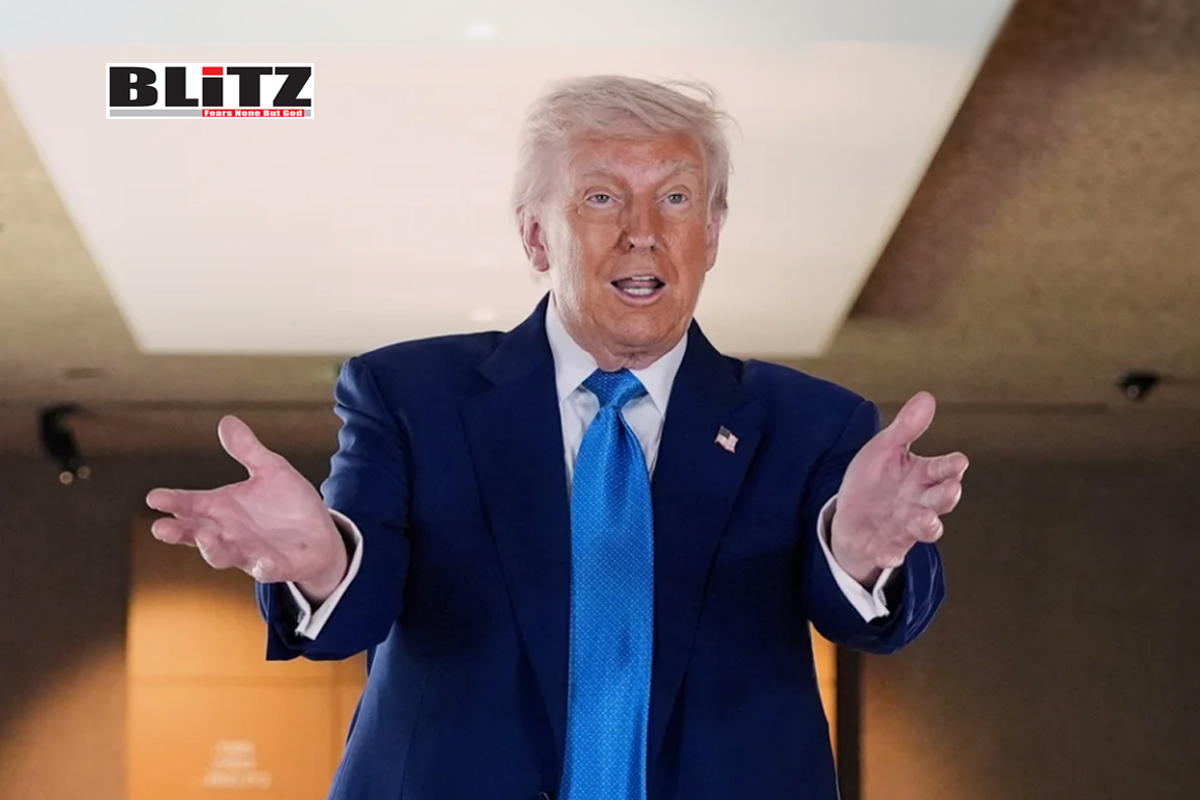
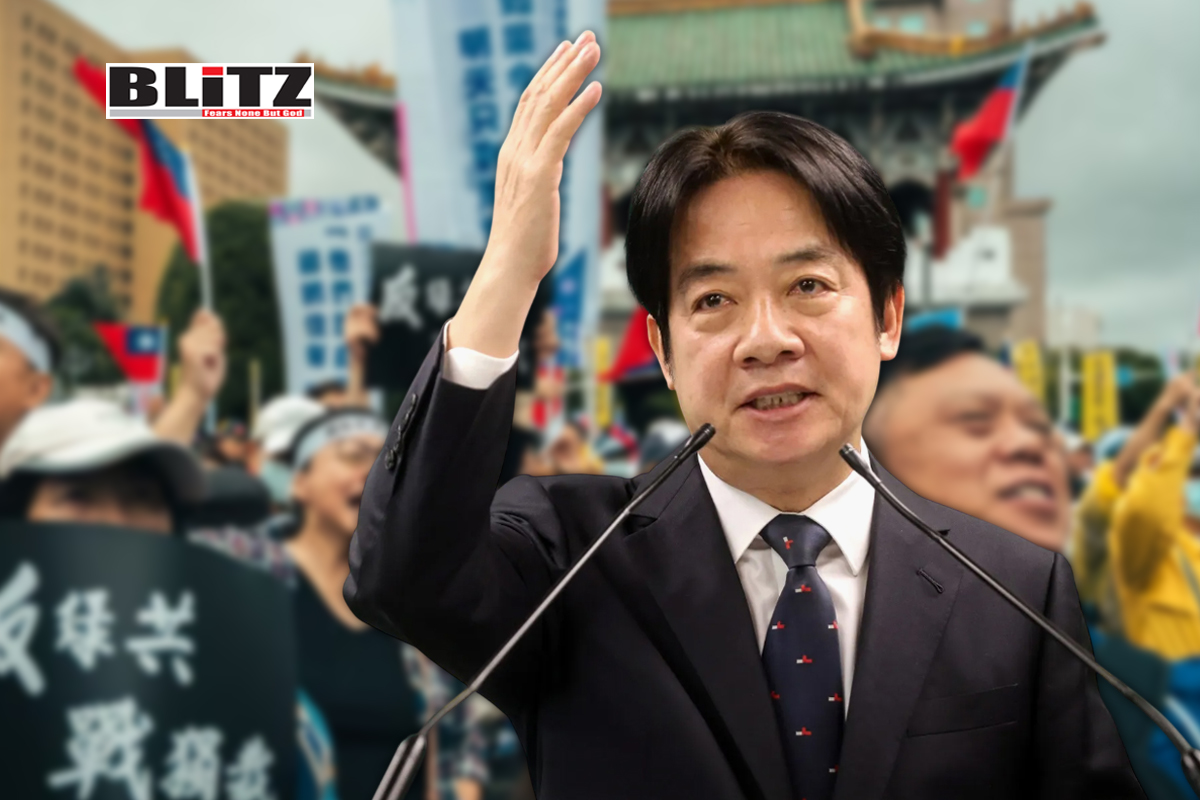

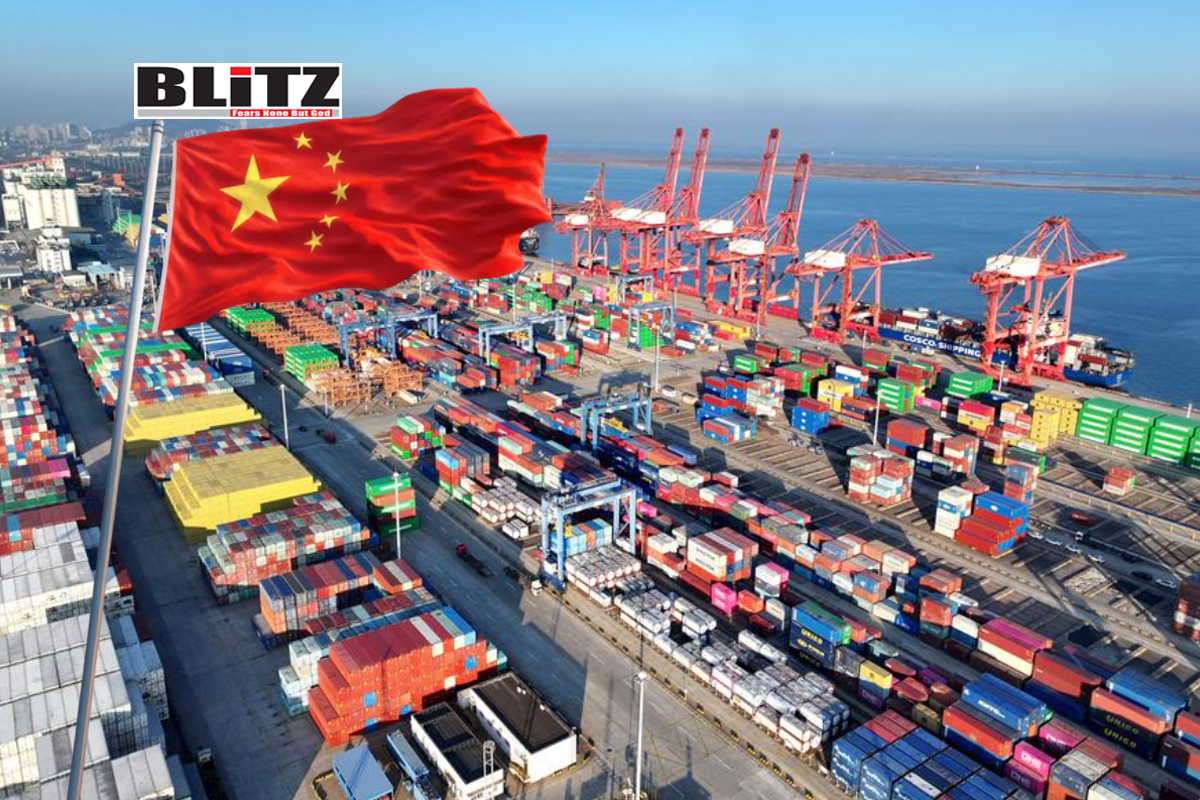


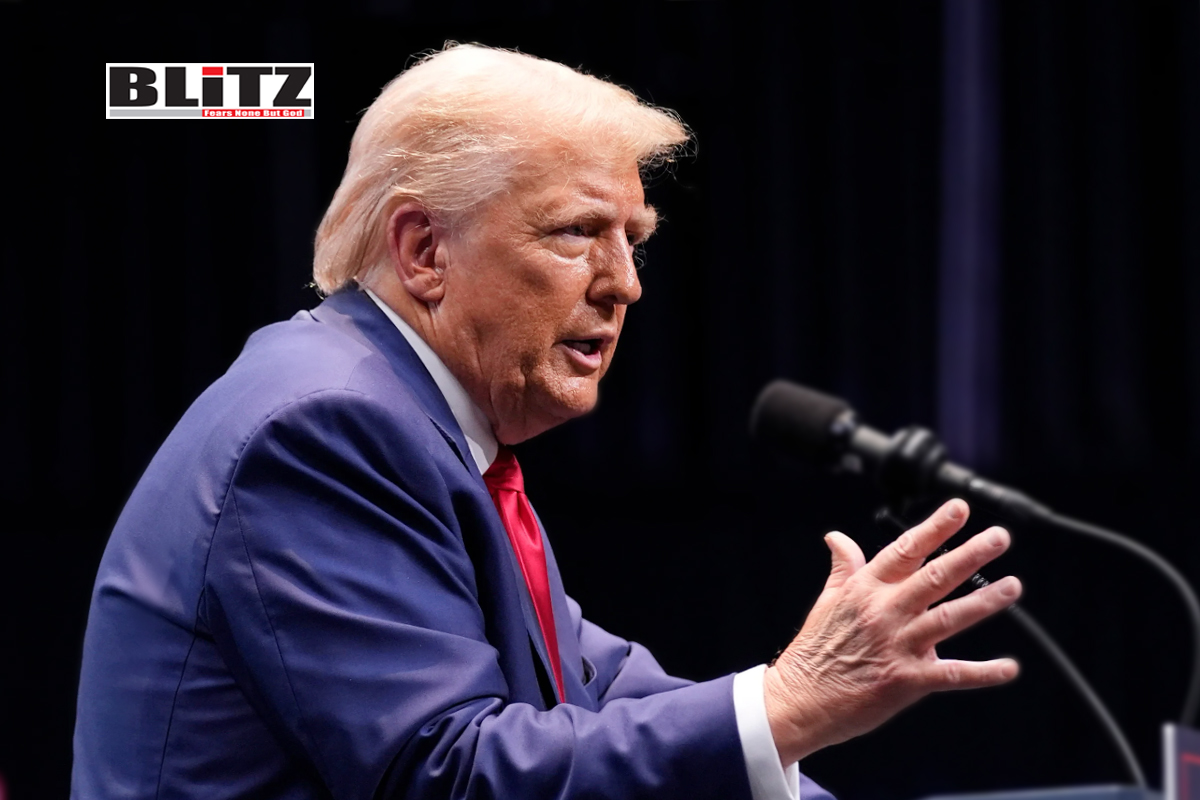
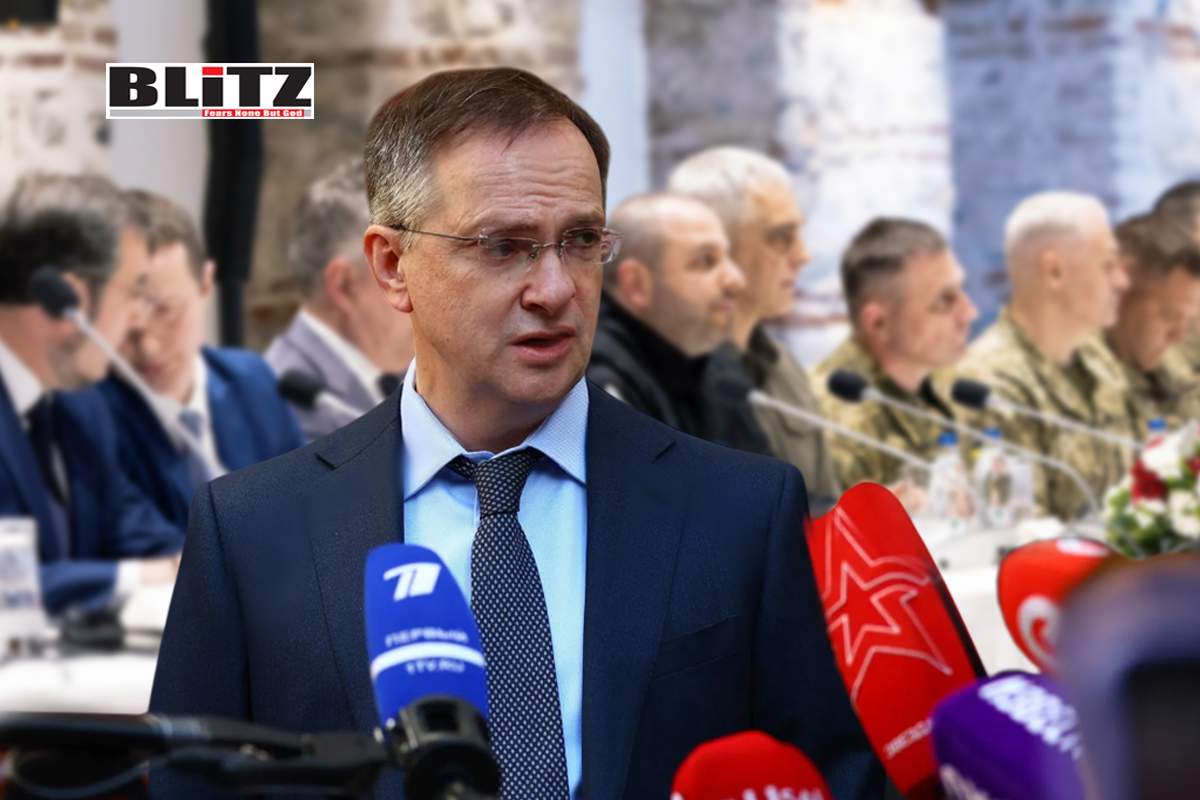
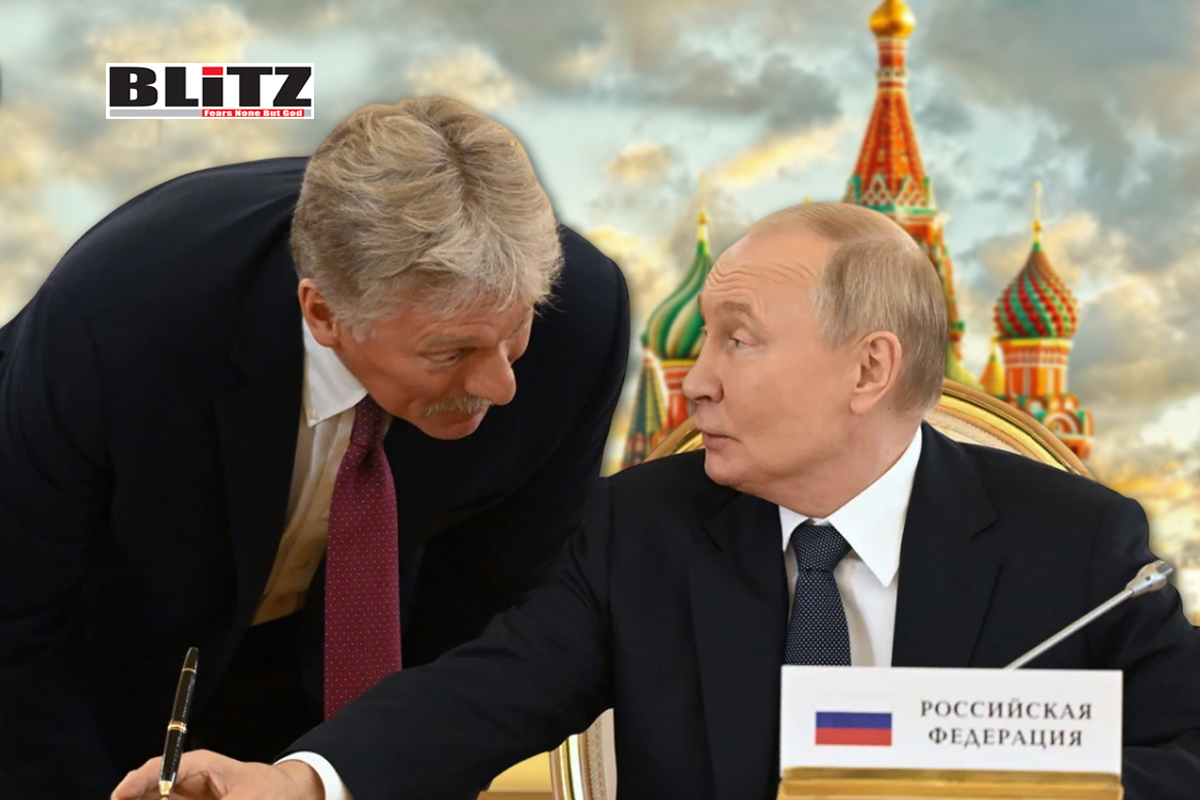
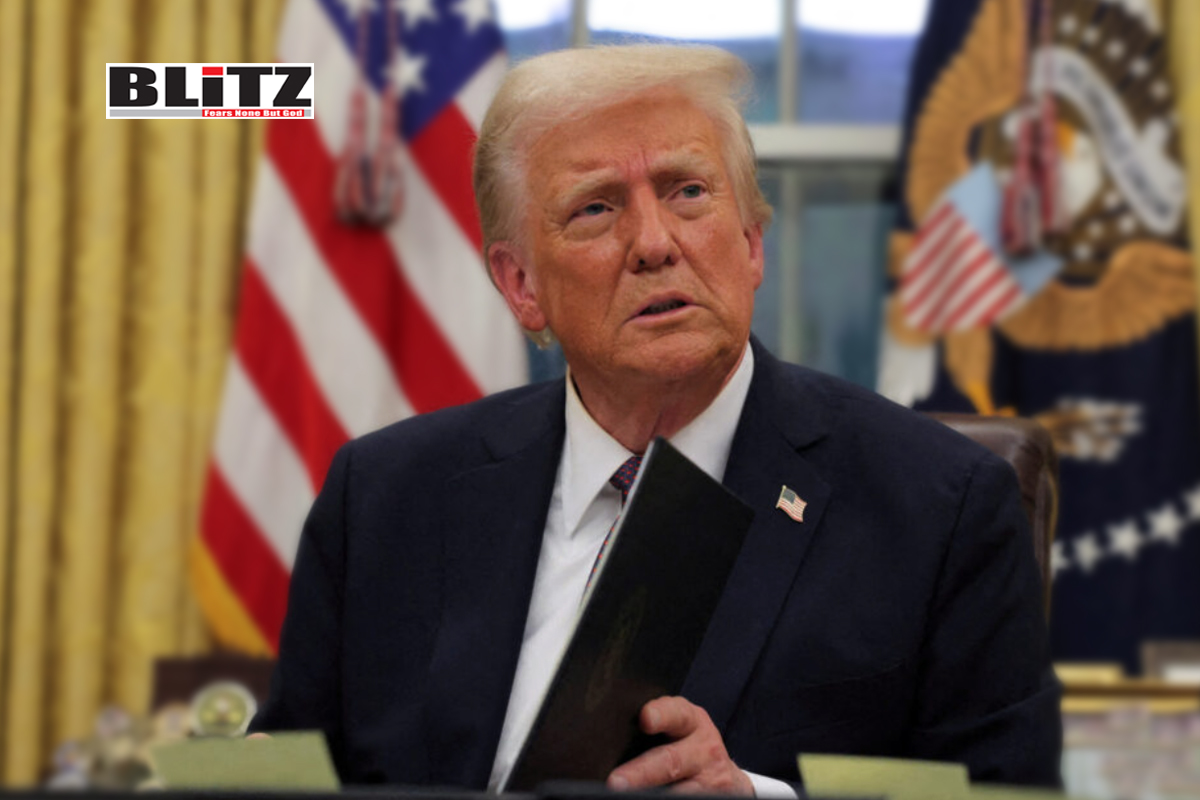

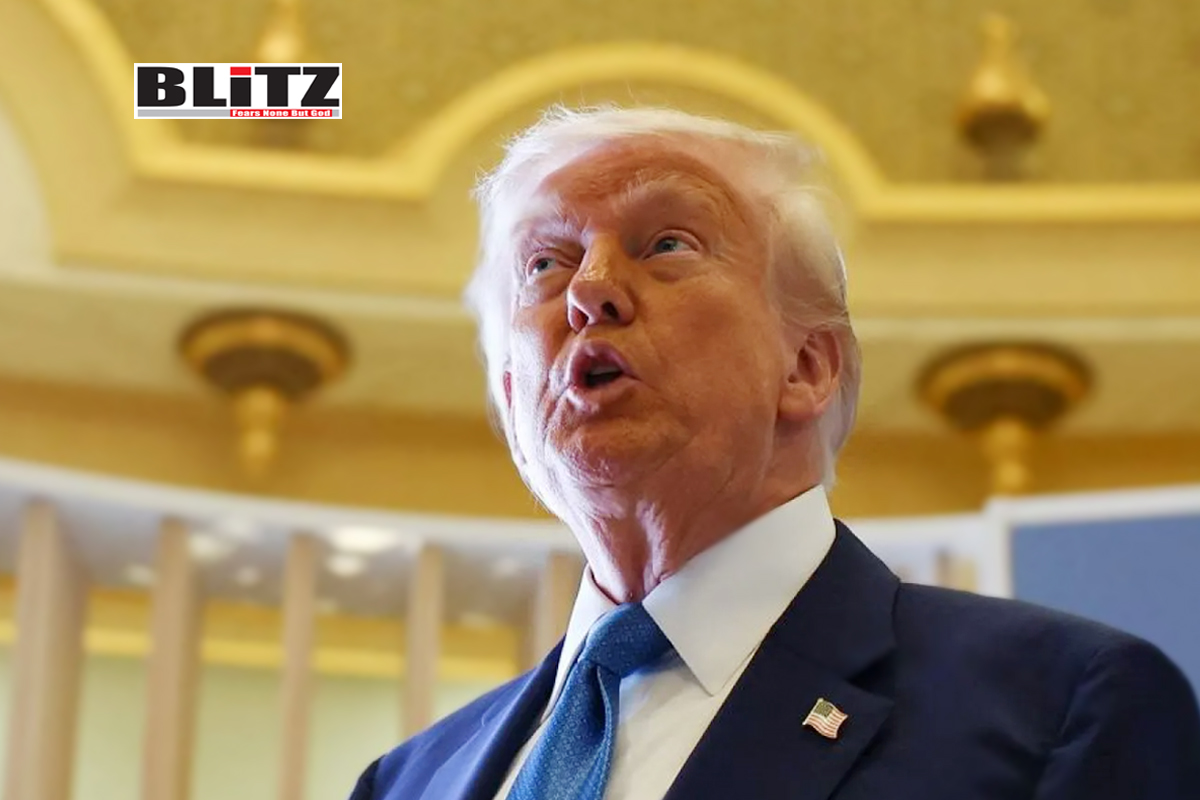

Leave a Reply